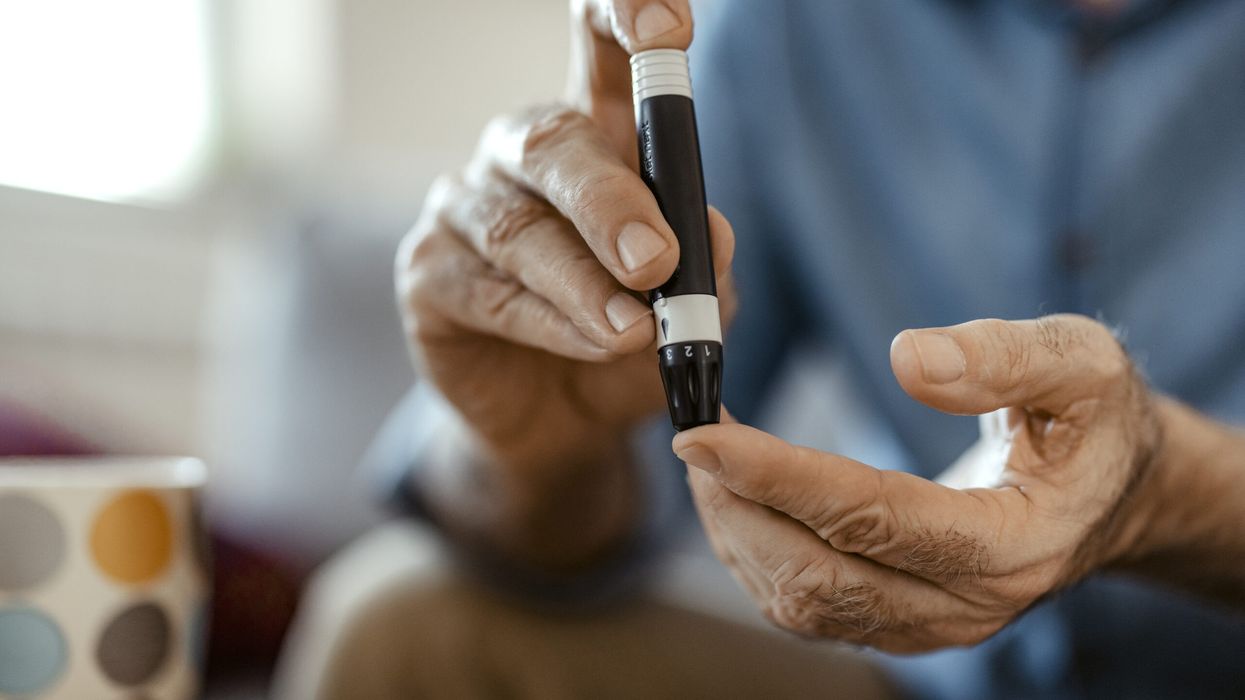A STUDY has identified a two-way relationship between diabetes complications, such as heart attack and stroke, and mental health conditions like anxiety and depression. The research found that individuals with complications from diabetes were at an increased risk of developing mental health issues, and vice versa.
Researchers noted that the connection between diabetes complications and mental health conditions might not be entirely direct, as both share multiple risk factors, including obesity and difficulties in controlling blood sugar levels. These shared risk factors could contribute to the development of both types of disorders.
"Most likely, a combination of direct and indirect effects and shared risk factors drive the association we are seeing," said Maya Watanabe, a biostatistician at Harvard University's School of Public Health and the study's lead author, in the journal Diabetes Care.
Watanabe suggested that diabetes care providers could potentially prevent multiple complications by targeting these shared risk factors through specific interventions.
For the study, the researchers examined insurance claims made from 2001 to 2018 data from over five lakh people with type 1 or type 2 diabetes and more than 3.5 lakh people without diabetes.
The authors found that people having a chronic diabetes complication had a two-fold or three-fold higher risk of developing a mental health condition, while those having mental health disorders were found to be up to 2.5 times more likely to experience sustained diabetes complications.
"We found a consistent bidirectional association between chronic diabetes complications and mental health disorders across the life span, highlighting the important relationship between (both sets of conditions).
Prevention and treatment of either comorbidity may help reduce the risk of developing the other," the authors wrote.
Further, "in those (of) age less than 60 years, individuals with type 1 diabetes were more likely to have chronic diabetes complications, whereas individuals with type 2 diabetes were more likely to have mental health disorders," they wrote.
A possible reason for this bi-directional relationship may be that having a diabetes complication or a mental health condition has direct effects on developing the other disorder, the researchers said.
"For instance, a stroke causes detrimental effects on the brain, which may directly lead to depression," senior author Brian Callaghan, a professor of neurology at the University of Michigan, US, said.
"And having a mental health condition and diabetes may affect a person's self-management of their condition – like poor glycemic control or not taking medications – which, in turn, may increase their risk of diabetes complications," Callaghan said. (PTI)




